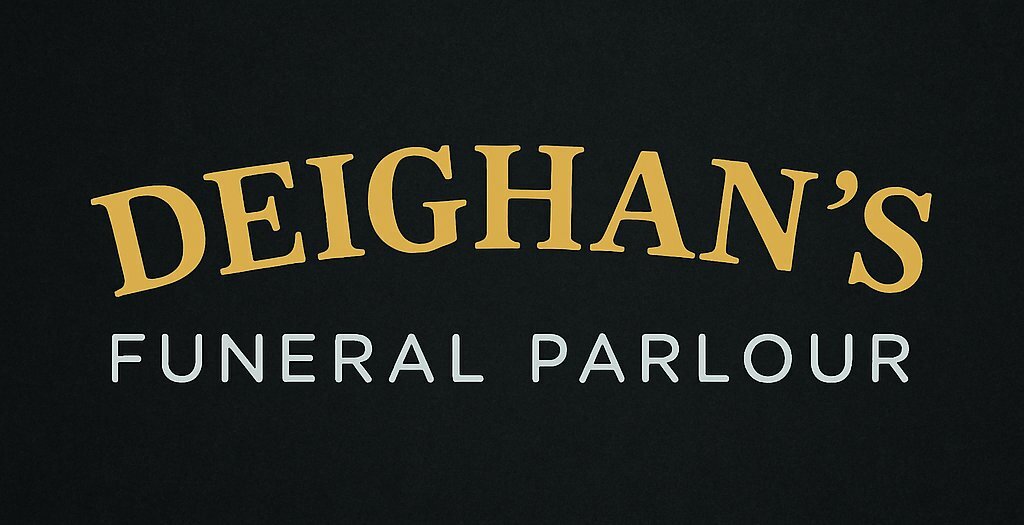
hANDCRAFTED MASONRY
Deighan’s beautifully handcrafted masonry comes in a variety of quality materials and styles, from the traditional to the modern. Our stonemasons produce some of the finest masonry in the country with exceptional attention to detail. A fitting tribute to your loved ones.
Adlington
171 Chorley Road, Adlington, Chorley, PR6 9LP
01257 833 999
Horwich
81 Mason Street, Horwich, Bolton BL6 5RB
01204 694 999